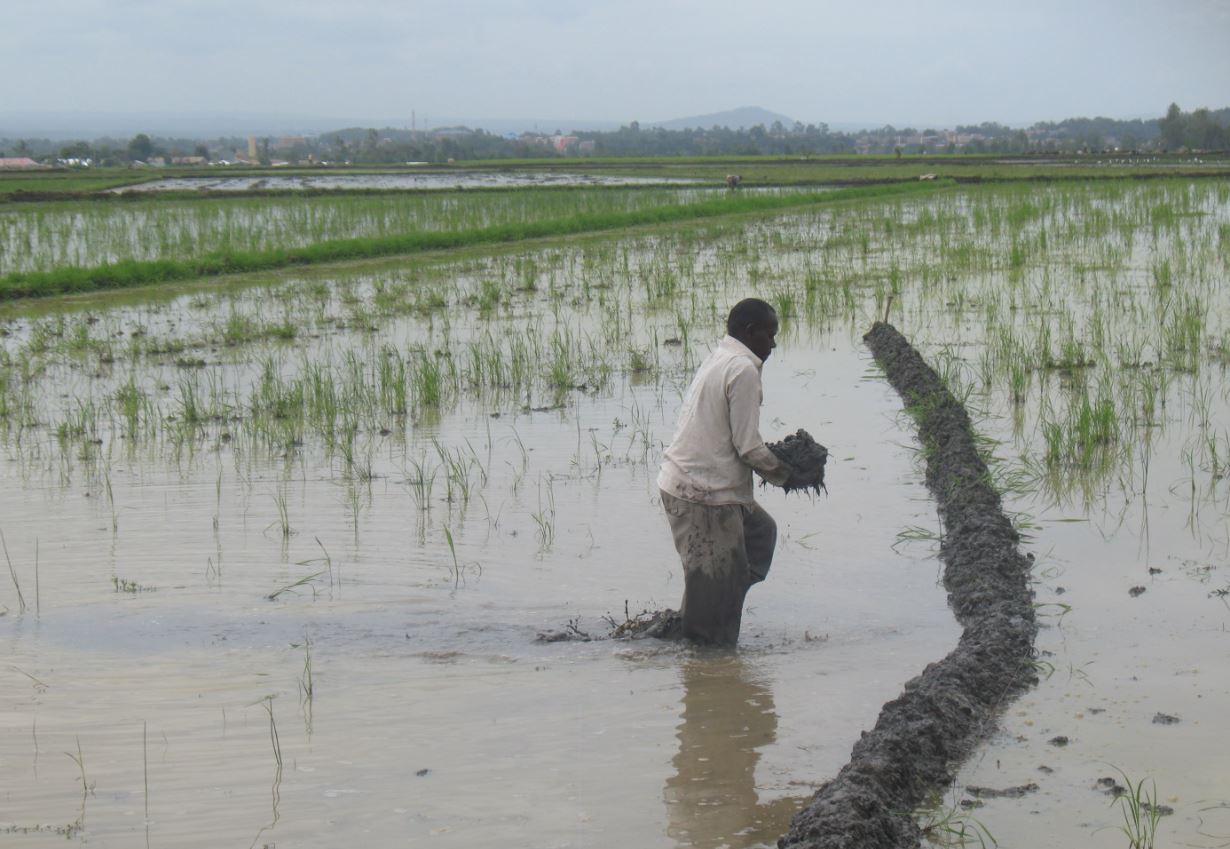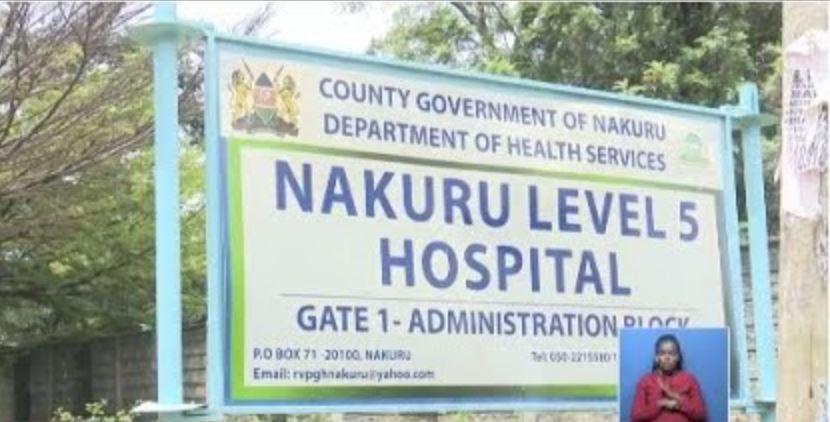
The National Irrigation Authority forecasts that the harvest will surpass 160,000 metric tonnes, marking a significant improvement from last year’s 120,000 metric tonnes.
Innocent Ariemba, the scheme’s manager, has expressed optimism about the upcoming harvest, attributing the expected increase to enhanced farming techniques and the introduction of high-yield seeds.
Ariemba highlighted that the Mwea Irrigation Scheme, which encompasses the Mwea East and Mwea West sub-counties, has witnessed substantial growth since its inception in 1954.
Initially covering a mere 65 acres, the scheme now spans a gazetted area of 30,050 acres, with 22,000 acres dedicated to paddy rice cultivation.
The remainder of the land supports settlements, public utilities, and the cultivation of subsistence crops.
Ariemba detailed the concerted efforts made by the National Irrigation Authority to ensure the sustainability of water supply, crucial for rice farming. Initiatives include the distillation of water canals and ensuring continuous water flow to the farms from Thiba Dam.
These measures are pivotal as the scheme prepares for its second planting season, with expectations of achieving a production rate of five tonnes per acreage thanks to new high-breed seeds.
Moreover, Ariemba pointed out that the farmers’ hard work is poised to pay off, thanks to the guaranteed market provided by the National Cereals and Produce Board, Kenya National Trading Corporation, Mwea Rice Growers Multi-purpose Cooperative Sacco, and various private rice millers.
These entities have committed to purchasing the harvested rice, ensuring that farmers benefit financially from their labor.
However, the scheme still faces challenges, notably the invasion of apple snails, which has become a significant concern for the farmers.
Despite the government’s efforts to launch a pilot project aimed at eradicating the pests, the applied pesticides have proven ineffective.
Farmers have resorted to cultural practices, such as adjusting water levels, to combat this menace. Ariemba lamented the government’s struggle to control the snail invasion, which continues to impact the agricultural community adversely.
Mwea Rice Mills is one of the state agencies earmarked for privatization, with the government arguing that it’s input may have been needed decades ago, but now the private sector has caught up.








